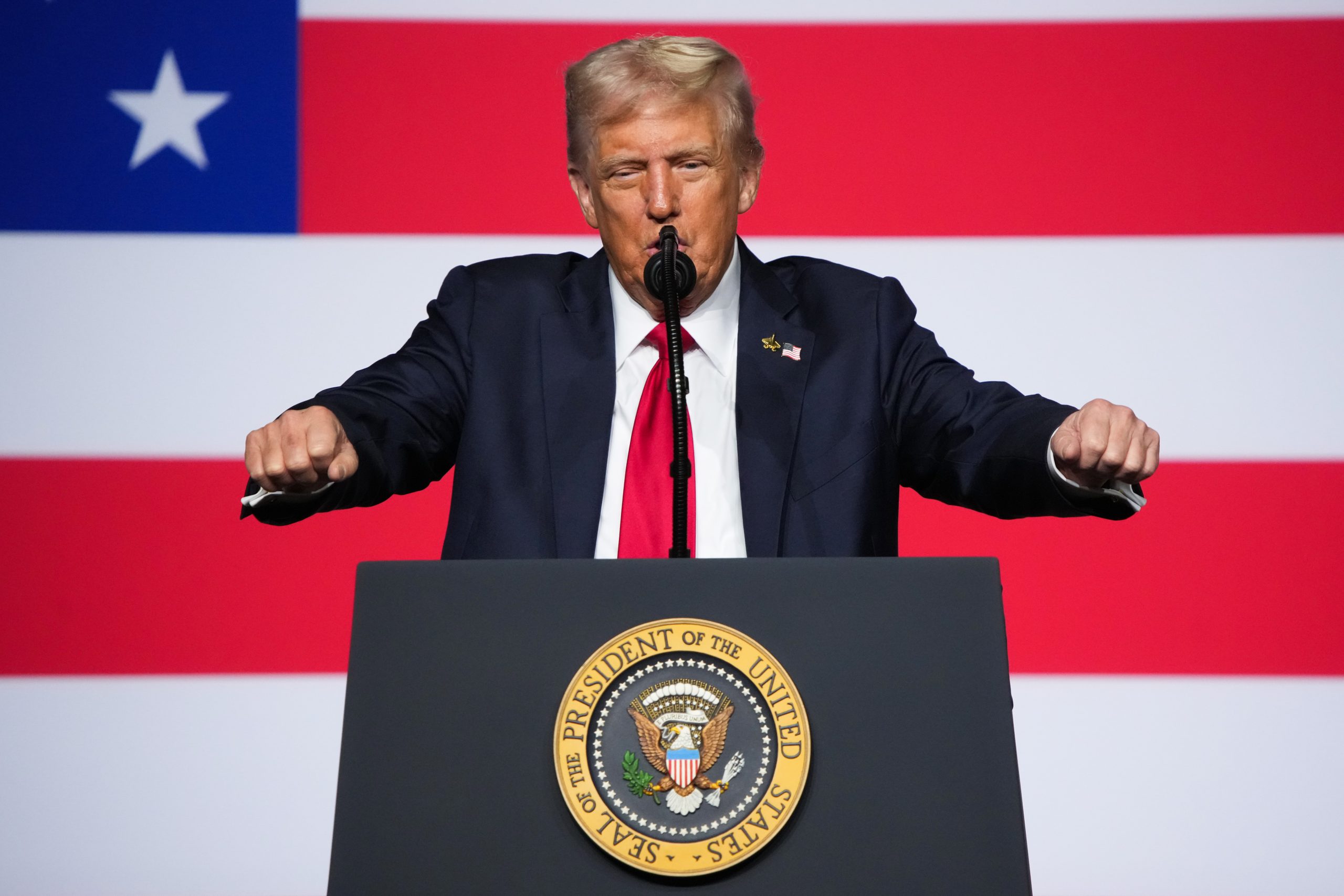Trump Administration Declares “Armed Conflict” Against Mexican Drug Cartels
The Trump administration has asserted that the United States is engaged in an “armed conflict” with Mexican drug cartels, a move that could significantly expand the government’s authority to take military action against these organizations. This declaration, revealed in a letter sent to multiple congressional committees and first reported by the New York Times, claims that drug cartels are “non-state armed groups” that have engaged in “an armed attack against the United States.”
Escalation of Rhetoric and Potential Implications
The administration’s characterization of the situation as a “non-international armed conflict” is a significant departure from previous policies. It grants the executive branch broad wartime powers, potentially including the authority to kill and detain cartel members without some of the typical legal constraints.
This assertion follows a recent incident in which U.S. forces reportedly killed at least 17 people aboard alleged drug boats. While the administration has not explicitly linked this incident to the declaration of armed conflict, the timing suggests a connection.
The implications of this declaration are far-reaching. It could lead to increased military presence and operations along the U.S.-Mexico border, as well as potential cross-border actions against cartel targets. Some legal experts have raised concerns about the potential for abuse of power and the erosion of due process rights if the administration is granted unchecked authority to operate in this manner.
Context and Congressional Response
It’s important to note that while the Trump administration is framing this as an armed conflict, the legal and political ramifications are still being debated. Congress will likely scrutinize the administration’s legal justification for this declaration and could potentially challenge its authority to act unilaterally. The move is also likely to draw criticism from Mexico, which has historically opposed U.S. military intervention within its borders.
This declaration may also be seen as a strategy to bolster Trump’s image as a tough-on-crime president ahead of the upcoming elections. By framing the fight against drug cartels as an armed conflict, the administration can project an image of decisive action and national security leadership.
Conclusion: A Contentious Declaration with Uncertain Consequences
The Trump administration’s declaration of an “armed conflict” with Mexican drug cartels represents a significant escalation in the U.S. approach to combating these organizations. The move has the potential to reshape U.S.-Mexico relations, raise legal and ethical concerns, and further politicize the issue of drug trafficking. How Congress and the international community respond will determine the long-term consequences of this controversial declaration.
Based on materials: Vox





